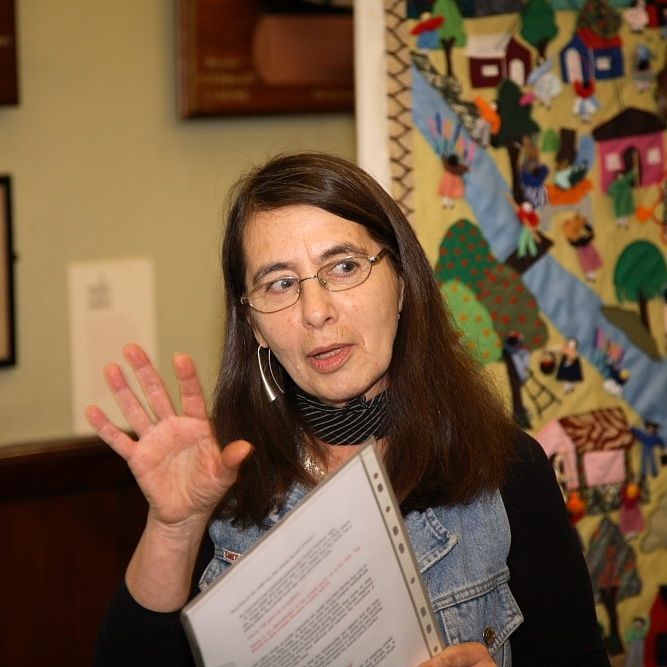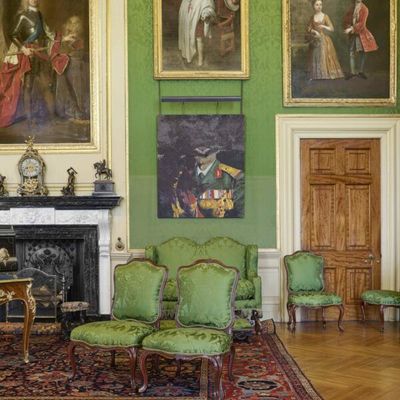University of Ulster Derry and Belfast is hosting a free Conflict Textiles symposium. You may not have given the idea of textiles and conflict much thought, but it's a fascinating subject nevertheless.
Textiles are an overlooked form of creativity, fighting for recognition for many years amidst the more traditional arts. The fact that it's seen as a predominantly female art form is front and centre of this issue.
Yet without textiles where would be be? Literally without a shirt on our back. Whether it's sewing circles, quilting, performance or making textile narratives when the trauma is so chronic you cannot speak, the power of textiles to shape the narrative of a conflict, heal pain and bring joy is often overlooked.
The Quaker meeting house which helped so many people during the conflict has asked Roberta Bacic to come and work with different groups that have been affected by the conflict in different ways. She uses textiles from displaced women in Peru as a way to open up dialogue – they made textiles together and presented them to the Truth Commission as a way of explaining their experience.
This use of textiles led eventually to a conflict textiles exhibition, The Art of Survival: International and Irish Quilts, which was held at nine venues across Derry in 2008. The exhibition featured arpilleras, three-dimensional textiles from Latin America which originated in Chile. The textiles were used to smuggle out of the country visual representations of the conflict when little other information was getting out. The customs officials didn't think 'women's work' was worth spending time looking over.
Conflict Textiles has grown and grown to link globally, connecting events across the world from the Basque Country to Indonesia via a series of exhibitions, workshops, conferences and more. In Derry and Belfast there is an opportunity to see the exhibition, listen to speakers from home and abroad, participate in workshops and get new ideas about how this art form is used. There's also an opportunity to share your own experience.
Workshops are limited in numbers, so try and register as soon as you can. It's a must for anyone who loves to work with fabrics. There's no need to attend the whole day if this is not possible for you. Perhaps I'll see you there.






